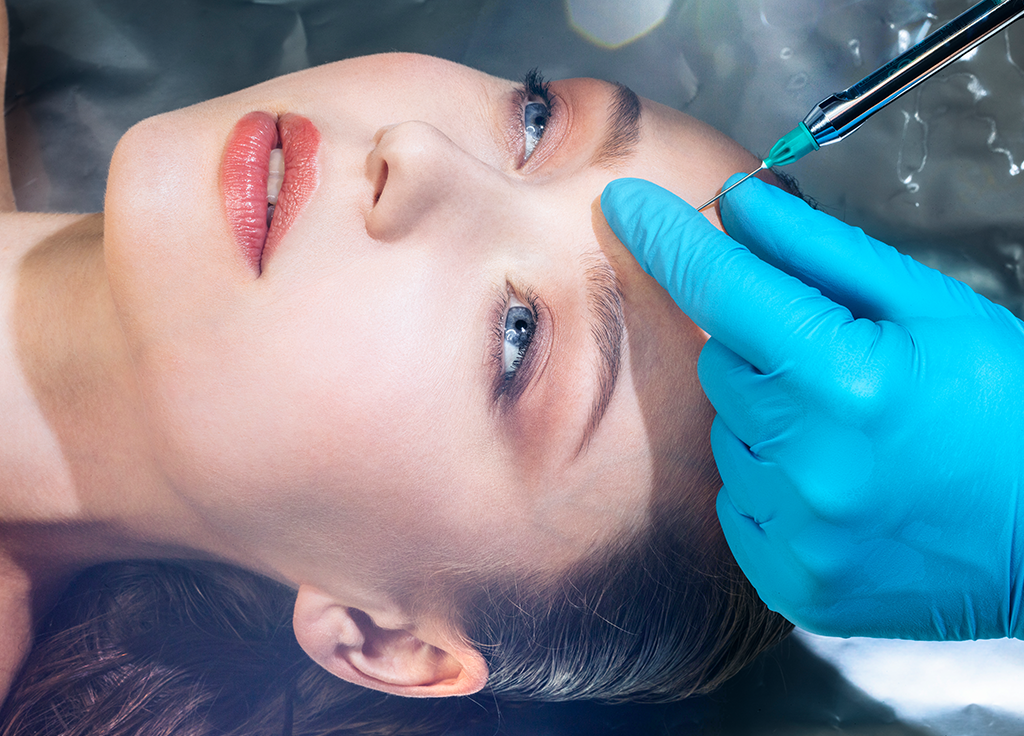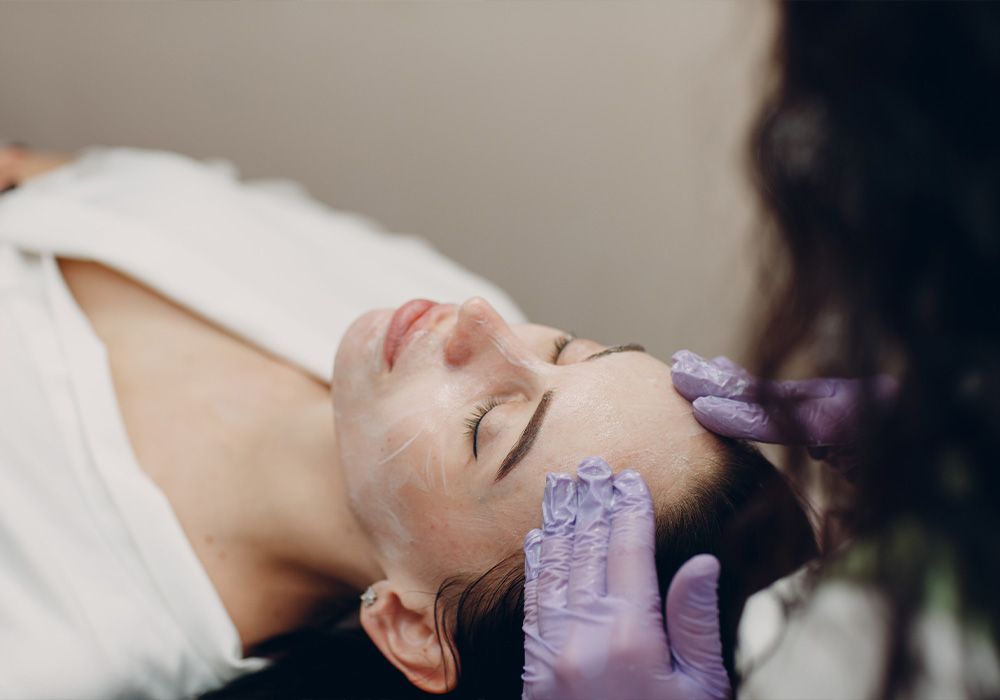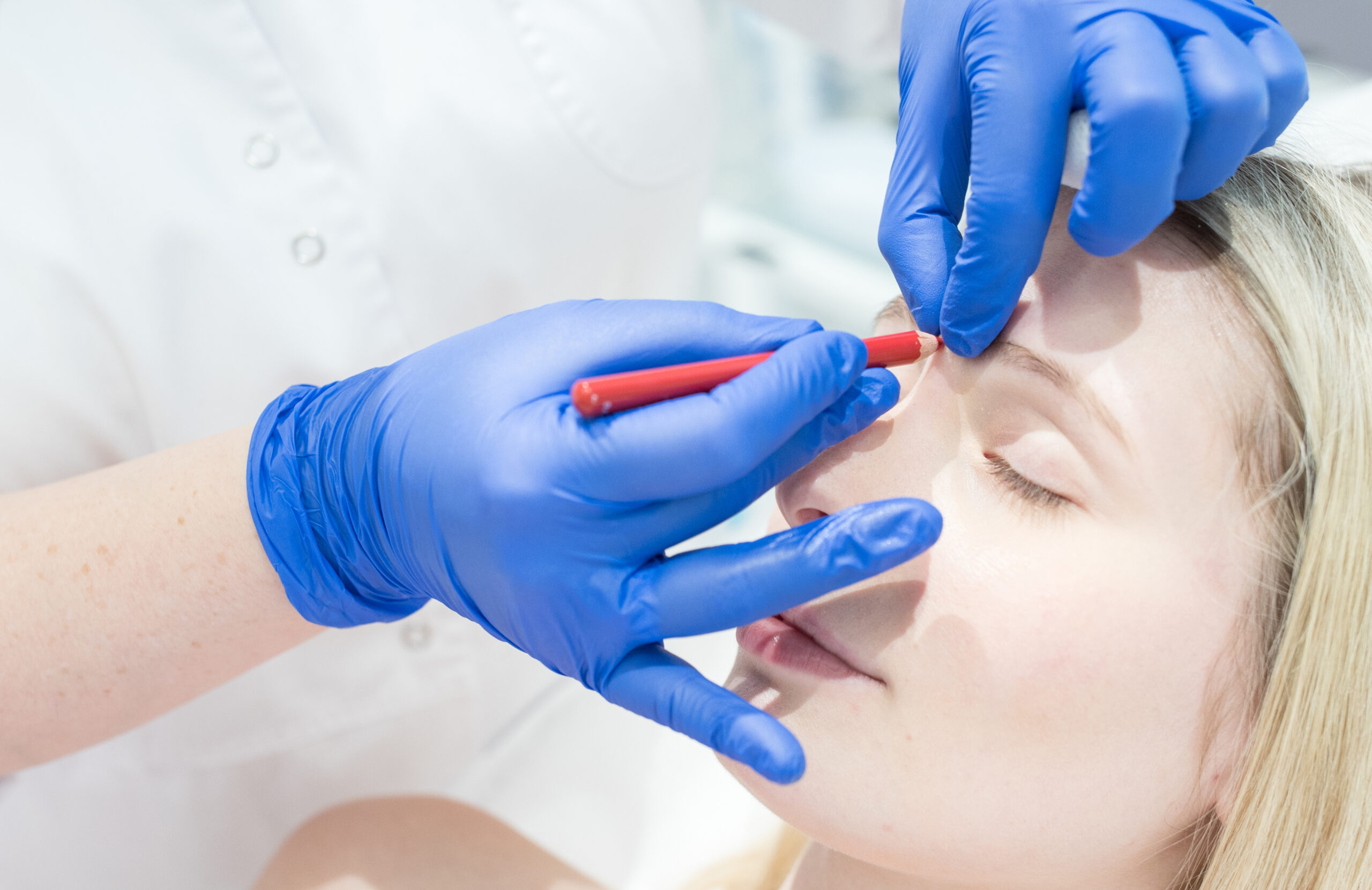When Eugene, OR plastic surgeon Mark Jewell, MD heard some of his colleagues were offering “drive-through” injectable treatments, his first thought was one of logistics.
“It is impossible to perform advanced injectable techniques through an automobile window with accuracy—especially if you are a 6-foot-tall injector and your patient is in their Porsche,” he says. “It’s just not a good idea.”
Denver dermatologist Joel L. Cohen, MD—who is the lead author of one of the largest academic textbooks on botulinum, including Botox Cosmetic, Dysport, Xeomin and Jeuveau—is of the same school of thought and categorizes any such move as “foolish.”
“This isn’t like getting drive-through French fries where less-than-mediocrity can be tolerated—it’s not fast food, it’s a medical procedure,” he warns, noting a laundry list of key safety steps that should be taken in the appropriate clinical setting: “The patient’s skin needs to be prepped. The patient needs to be properly positioned to target the desired muscles for injection. The physician injector needs to have knowledge of anatomy, knowledge of the injection technique, experience with the procedure and potential pitfalls. But, before that, the physician needs to review patient history and consent the patient.”
“The Botox then needs to be refrigerated, properly reconstituted and it must be properly stored,” he adds. “Clean needles need to be used, the product needs to be drawn up without any air bubbles, and a sharps container is needed to dispose of used needles.”
QUALITY CONTROL
As all of the doctors interviewed for this story stressed, when it comes to U.S. regulations, you need to be a physician to actually order botulinum agents (aka, neurotoxins, which are classified by the FDA as a drug) and fillers (which are classified by the FDA as a medical device).
And, when that part of the process is skipped, things can get a bit “hazy.”
“One of the hardest lessons in life is to finally realize that you really do get what you pay for,” says Eagan, MN dermatologist Charles Crutchfield, MD. “If you want a quality result, see a quality board-certified dermatologist of plastic surgeon for skin care.”
“Quality physicians don’t offer $8/per unit Botox—they fix it.”
Dr. Cohen agrees. “If the price seems too good to be true, it probably is. It could be counterfeit product ordered from another country, diluted Botox or not even Botox at all.”
At the end of the day, as La Jolla, CA plastic surgeon Robert Singer, MD points out, while injectable treatments may be minimally invasive, they are still medical procedures that require due diligence. “They should be performed in a sterile manner in a proper medical facility in order to achieve the best cosmetic result with the least potential of complications.”
PARTY FOUL
Likewise, New York dermatologist Julie Russak, MD extends the “don’t do it” message to at-home “injectable parties” and the like.
“Let’s be realistic, any type of party right now is just not something that we can safely do—but it is especially not safe to go to these type of parties now, or ever.”
“When done right, injectables are an amazing preventive tool that helps us look great. But, as with any medical procedure, they requires precise knowledge of anatomy to do what it is intended to do and to achieve natural results.”
As Dr. Russak warns, injectables and fillers should never be done by someone who learned how to do it on the internet. “These are not ‘by the numbers’ treatments and the injector needs to look at the patient and evaluate each patient individually to achieve natural results. And complications can arise—even with expert injectors—but the difference is that an expert injector will know how to minimize the risk of complications and how to fix it, too.”
It’s the “fixing it” factor that Greenwich, CT dermatologist Mitchell J. Ross, MD has recently seen first-hand.
“We had patient who came to us with a severe eye ptosis (droop) after receiving a Botox treatment at a party. She didn’t know the qualifications of the injectors, and no follow-up was offered to her. She was extremely upset and rightfully so, as she had to live with that ptosis for months. Safety, which should be the number-one concern, is compromised when the treatment is provided in a party setting.”
Like Dr. Singer, Dr. Ross stresses that it’s important to keep in mind that neurotoxins and fillers are, in fact, medical treatments. “We feel strongly that it needs to be administered by an experienced provider in sterile and controlled environment. The patient—and they are still patients, even at a party—has to get a full medial assessment from the medical provider. All the risks and benefits of the treatment should be explained and an informed consent should be obtained before administrating the treatment. The provider should also be available if there is a complication.”
“At an injectable party, this is rarely the case. It is also illegal in some states.”
PRIVACY MATTERS
If the party scene atmosphere doesn’t scare you—where, as Dr. Cohen points out, “people may be drinking alcohol or ‘partying’ and potentially impaired or subject to peer-pressure”—maybe the lack of privacy in these settings will.
“There are so many things wrong with Botox parties,” he says. “For starters, patients need to be asked private questions about their medical history—to make sure they are not pregnant, not nursing, nor have a history of any neuro-muscular diseases, such as Eaton-Lambert, myasthenia Gravis, or amyotrophic lateral sclerosis that all affect the pathway on how neuromodulators work, and to also ensure that not taking contraindicated medications, which also involve the pathway of botulinum toxin mechanism of action.”
In addition, Dr. Cohen adds, patients need to be informed of potential risks with a written consent process.
“They should be explained that things like mild swelling and bruising can commonly occur, but also the rare issues that are certainly technique- and experience-related in the literature such as eyelid droop and other things that can undesirably happen as well. Having an asymmetric smile, or droop at the corner of the mouth doesn’t look good anytime—and is still very obvious on Zoom calls,” he says. “Patients need to know precisely how to get back in touch with their injector if they need to and they need to know where their medical records will be stored. Most medical malpractice carriers have position statements that are against Botox parties for these very reasons.”
“This discussion with a patient as to their medical history and medications is totally personal and private information—and should not be done with an audience.”
LIP DIS-SERVICE
It’s not just neurotoxins that people are having done in non-medical facilities, but fillers as well. While Spokane, WA dermatologist Wm. Philip Werschler, MD has also seen complications from going to the wrong injector, of late, he has his sights on another culprit.
“One recent complication I’ve seen is this new HA lip-injection pen that seems to be sprouting up and being used by non-medical providers,” he says. “Aestheticians in Idaho can legally inject; and I had a patient who decided to try the HA gun while our state was locked down.”
As Dr. Werschler explains, the patient got less-than-ideal results and came to him to fix it.
“Unfortunately, I had to decline to treat her because I didn’t know what was injected or what had happened. No signs of necrosis or infection, thankfully, but it’s so scary and just not a good idea.”
The bottom line, Dr. Jewell stresses: “For the most precise treatment outcome, injectables and fillers should always be performed in a clinical setting—not in some driveway or in a hotel room.”

















